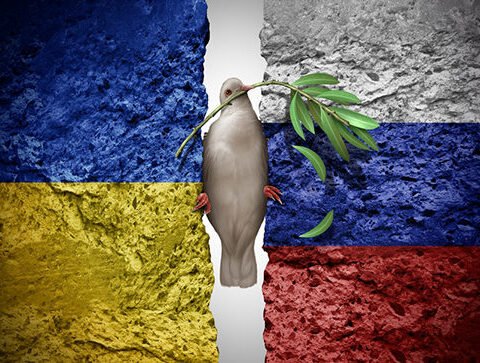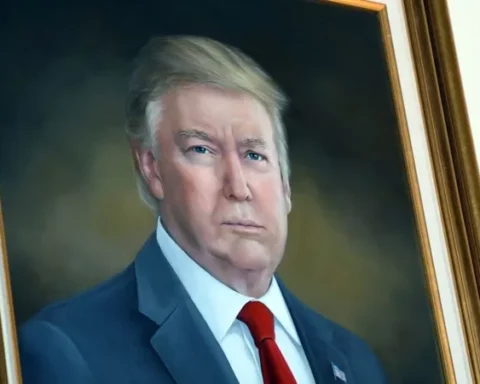The dominance of the U.S. dollar can be traced back to the Bretton Woods Agreement in 1944, which established the dollar as the world’s primary reserve currency.
This arrangement has afforded the United States significant economic advantages, including the ability to run trade deficits with relative impunity and to impose sanctions on other nations without severe repercussions. For countries like Russia, this has often felt like a double-edged sword. The imposition of sanctions following events such as the annexation of Crimea in 2014 has highlighted the vulnerabilities that come from reliance on a currency controlled by a geopolitical rival.
Russia’s push to diminish dollar dominance is driven by several economic considerations. First and foremost is the desire for financial stability. The volatility associated with dollar fluctuations can have significant impacts on Russia’s economy, particularly given its reliance on oil and gas exports, which are often priced in dollars. By diversifying its reserves and conducting trade in alternative currencies, Russia aims to insulate itself from external shocks and the whims of U.S. monetary policy.
Watch:
Additionally, Russia has been actively pursuing trade agreements with countries that share its skepticism towards the dollar. For instance, partnerships with China and India have led to increased transactions in rubles and yuan(wen ). The establishment of the BRICS bank (comprising Brazil, Russia, India, China, and South Africa) further signifies an effort to create alternative financial structures that bypass traditional Western institutions.
The geopolitical motivations behind Russia’s strategy are equally significant. In a world where power dynamics are shifting towards multipolarity, Russia seeks to position itself as a leader among nations that are wary of U.S. hegemony. This is not just about economics; it’s about asserting influence and fostering alliances that can counterbalance Western power.

The ongoing conflict in Ukraine and tensions with NATO have only intensified Russia’s resolve. By promoting alternatives to the dollar, Russia not only seeks economic independence but also aims to rally other nations that feel marginalized by Western policies. This coalition-building is evident in forums like the Shanghai Cooperation Organization (SCO), where discussions often center around reducing dollar dependence.
In addition to traditional diplomatic and economic efforts, technology plays a crucial role in Russia’s strategy. The rise of digital currencies presents new opportunities for nations to transact without relying on the dollar. Russia has been exploring its own digital currency, the digital ruble, which could facilitate cross-border transactions and reduce reliance on foreign payment systems.
Also Read:ICC Future Looks Bleak, As Erosion of Trust Deepens
Moreover, advancements in blockchain technology offer potential pathways for secure transactions that bypass traditional banking systems dominated by the West. As countries around the world explore these technologies, Russia’s proactive stance could position it as a leader in a new financial paradigm.
Despite its ambitions, Russia faces significant challenges in its quest to end dollar dominance. The U.S. dollar is deeply entrenched in global trade and finance and any shift away from It, requires not only time but also widespread cooperation from other nations.
Additionally, Western responses to these initiatives could be swift and punitive. Economic sanctions or retaliatory measures could arise if Russia’s actions are perceived as a direct threat to U.S. interests. The geopolitical chess game continues, with each move met by counter-moves.
Russia’s push to end dollar dominance is a multifaceted endeavor rooted in historical grievances, economic necessity, and geopolitical strategy. As the world moves towards a potentially multipolar future, understanding this dynamic becomes crucial for comprehending global economic trends. Whether or not Russia can successfully challenge the status quo remains to be seen, but its determination signals a significant shift in how nations view their place within an increasingly complex international system.
In essence, this movement is not just about currency; it’s about identity, sovereignty, and the quest for a new world order where power is more evenly distributed among nations.







